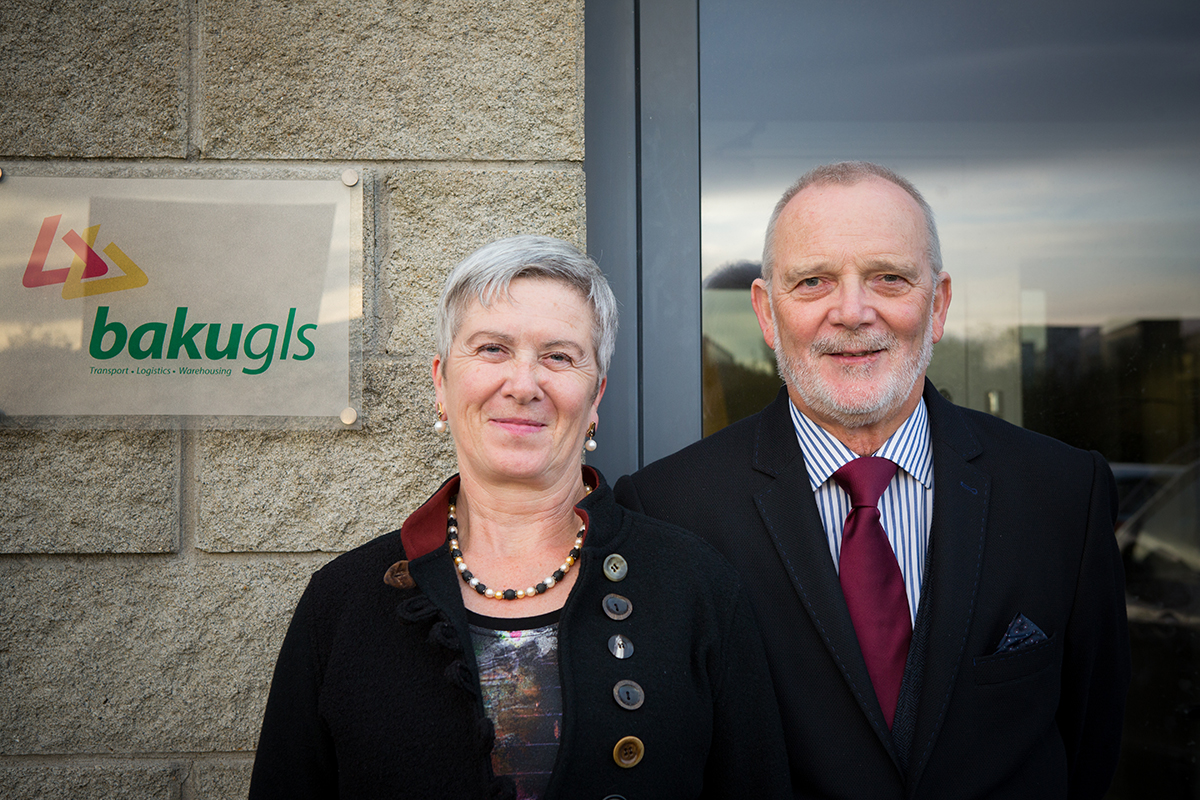
The European Union (EU) recently introduced significant reforms to its carbon market, which will have a significant impact on air and sea transport companies. The new regulations aim to reduce the carbon emissions from the transport industry, a sector responsible for a significant portion of greenhouse gas emissions. These regulations are expected to have far-reaching implications for companies operating in the sector.
The EU Emissions Trading System (ETS) is a market-based mechanism established to reduce greenhouse gas emissions from industries such as aviation and shipping. The ETS aims to limit the number of carbon emissions by issuing allowances to companies, which they can use to cover their emissions. These allowances can also be traded on the market, creating an incentive for companies to reduce their emissions.
Under the new regulations, the EU plans to expand the scope of the ETS to include the maritime sector. This means that all ships arriving at, or departing from, EU ports will have to purchase carbon allowances to cover their emissions. The EU has also introduced new regulations for the aviation sector, which will require airlines to purchase carbon allowances for all flights within the EU.
The new regulations are part of the EU’s efforts to reduce its greenhouse gas emissions by at least 55% by 2030, compared to 1990 levels. The transport sector is responsible for around a quarter of the EU’s greenhouse gas emissions, making it a crucial area for emissions reductions.
The introduction of the new regulations is expected to have a significant impact on air and sea transport companies. The cost of carbon allowances is likely to increase, which will affect the profitability of companies operating in the sector. Companies will also have to invest in new technologies and fuel-efficient practices to reduce their emissions and comply with the new regulations.
The new regulations also present an opportunity for companies to innovate and develop new technologies. Companies that invest in clean technologies and fuel-efficient practices will have a competitive advantage over those that do not. There is also an opportunity for companies to work together to develop new technologies and practices that will reduce emissions and help them comply with the new regulations.
The EU’s new regulations are a significant step towards reducing greenhouse gas emissions from the transport sector. The regulations will have a far-reaching impact on air and sea transport companies, and they will need to adapt to comply with the new regulations. The introduction of the new regulations also presents an opportunity for companies to innovate and develop new technologies that will reduce their emissions and help them remain competitive in the sector.
In conclusion, the EU’s carbon market reforms will have a significant impact on the transport sector, and companies will need to adapt to comply with the new regulations. The new regulations present an opportunity for companies to invest in new technologies and fuel-efficient practices, which will help reduce emissions and improve profitability. Companies that do not adapt may face significant challenges in the future, as the EU continues its efforts to reduce greenhouse gas emissions.
Read more on the Journal here.













